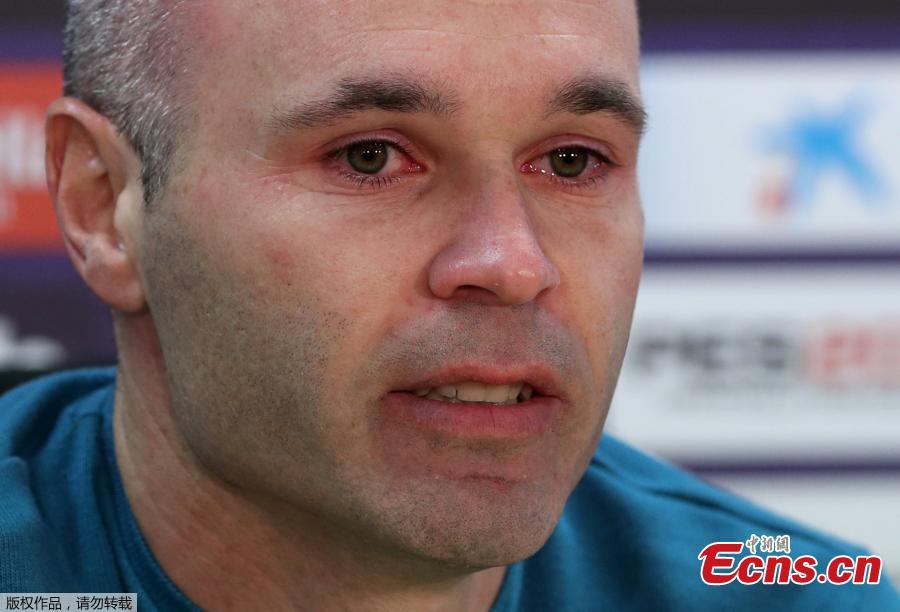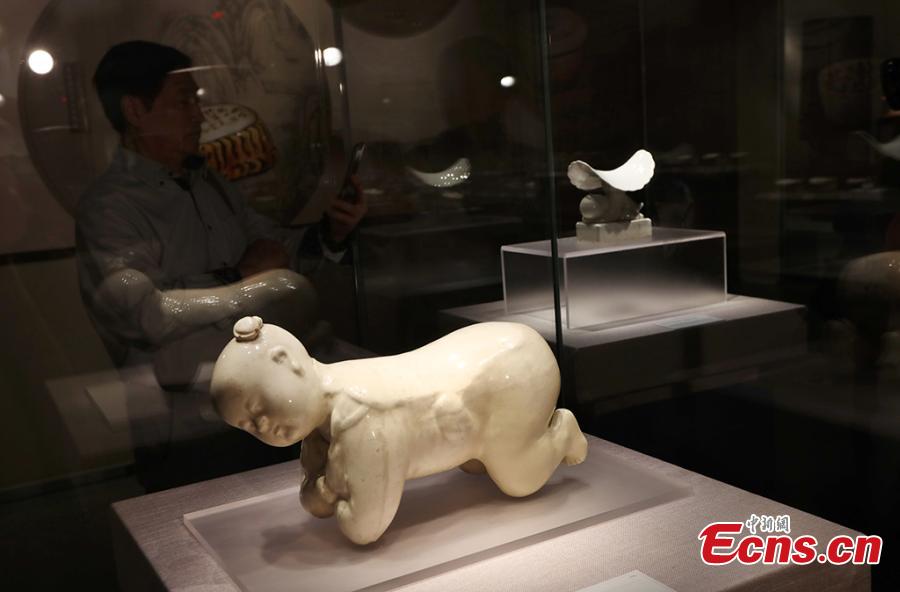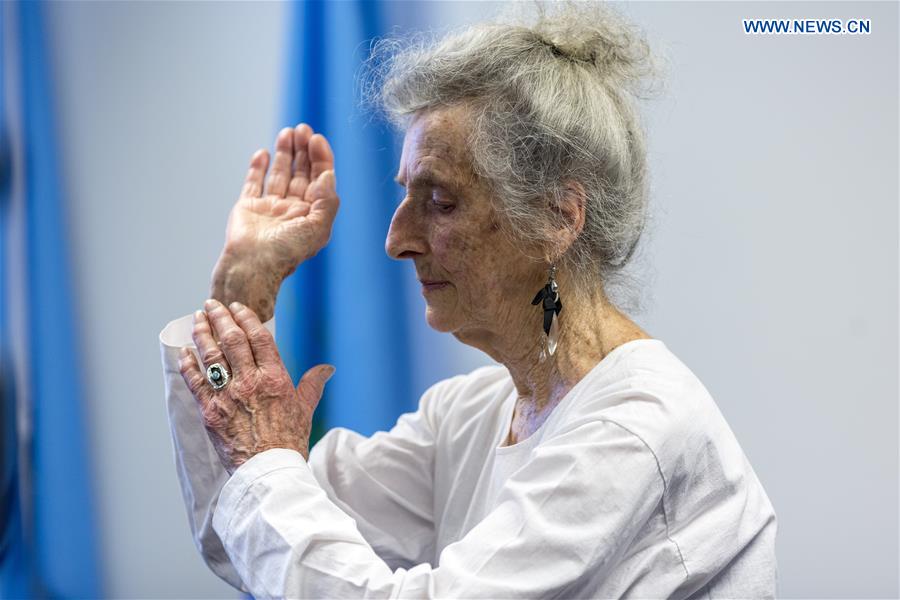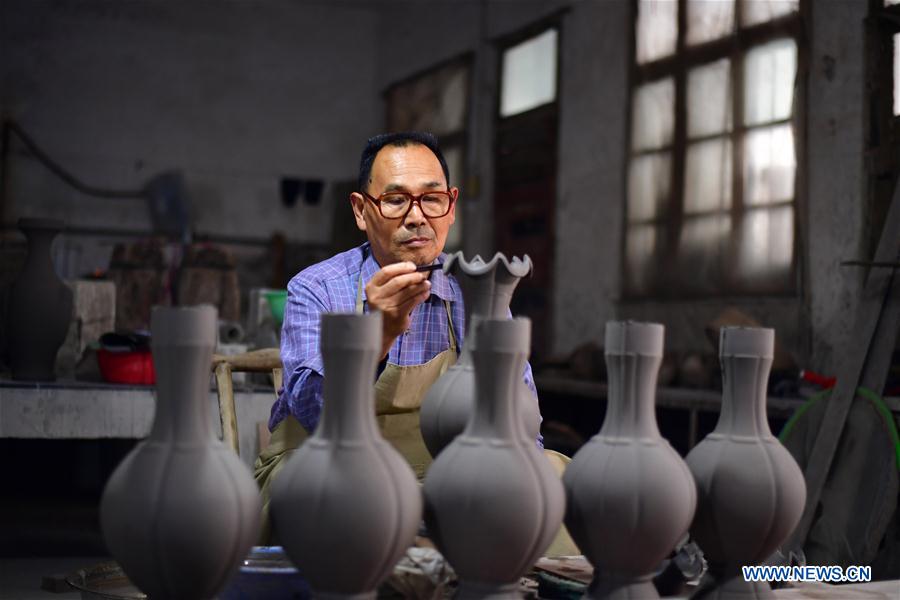In a study published on Tuesday in the journal Cognition, American researchers have discovered the optimal years to learn a second language extend to the cusp of adulthood.
The study of nearly 670,000 English speakers suggested that children remain very skilled at learning the grammar of a new language much longer than expected - up to the age of 17.4.
However, it also found that it is nearly impossible for people to achieve proficiency similar to that of a native speaker unless they start learning a language by the age of 10.
"We don't see very much difference between people who start at birth and people who start at 10, but we start seeing a decline after that," said Joshua Hartshorne, assistant professor of psychology at Boston College, who conducted this study as a post-doctorate at Massachusetts Institute of Technology.
It has long been known that children learn languages more easily than adults, but determining exactly when that ability declines has been something of a mystery.
People who start learning a language between 10 and 18 will still learn quickly, but since they have a shorter window before their learning ability declines, they do not achieve the proficiency of native speakers, the researchers found.
The findings are the first to estimate how long humans can learn grammar and how that ability changes with age.
The acquisition ability extends to early adulthood before it begins to decline, the researchers found and this proved so for both "easy" and "difficult" syntaxes the team used in their study.
"Explaining this critical period for language acquisition is crucial not only for understanding why humans, but not animals or machines, learn language, but also for research questions on neural development and plasticity, bilingual education, foreign language education, treatment of disorders that affect language, and early childhood stimulation," Hartshorne said.
Respondents from around the world took the survey through a quiz the researchers offered online.
What causes the critical period to end around age 18 is still unknown. The researchers suggested that cultural factors might play a role, but there might also be changes in brain plasticity that occur around that age.


















































